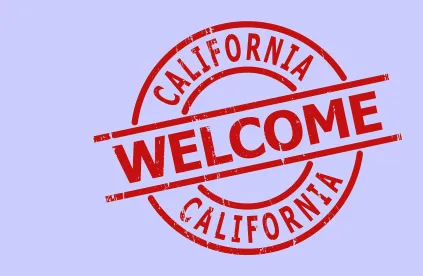In Grande v. Eisenhower Medical Center, FlexCare, LLC (“FlexCare”), a temporary staffing agency, assigned Plaintiff to work as a nurse at Eisenhower Medical Center (“Eisenhower”). The plaintiff alleged that during her employment at Eisenhower, FlexCare and Eisenhower failed to ensure she received the required meal and rest periods, wages for certain periods she worked, and overtime wages. She then filed a class-action lawsuit on behalf of FlexCare employees assigned to hospitals throughout California. Plaintiff’s claims were based solely on her work on assignment to Eisenhower.
FlexCare settled with the class and the plaintiff executed a release of claims. The trial court entered a judgment incorporating the settlement agreement. Eisenhower was not named as a released party in the settlement.
A year later, Plaintiff brought a second class-action suit against Eisenhower. FlexCare intervened in the action asserting Plaintiff could not bring the separate lawsuit against Eisenhower because she had settled her claims in the prior class action.
The trial court held a limited trial on the issue of the propriety of the lawsuit and ruled that Eisenhower was not a released party under the settlement agreement.
Accordingly, Eisenhower could not avail itself of the doctrine of res judicata or claim preclusion because the hospital was neither a party to the prior litigation nor in privity with FlexCare. The Court of Appeals agreed with the trial court.
The issue before the California Supreme Court limited its review only to the question, “may a class of workers bring a wage and hour class action against a staffing agency, settle that lawsuit with a stipulated judgment that releases all of the staffing agency’s agents, and then bring a second class action premised on the same alleged wage and hour violations against the staffing agency’s client?”
The Court found that the central issue in the dispute was privity, stating that judgments bind not only parties but also those persons in privity with the parties. The Court stated for the affirmative defense of claim preclusion to be successfully asserted an entity must be a party to the prior action or in privity to a party. While Eisenhower argued it was in privity to FlexCare, the Court stated privity “requires the sharing of an identity or community of interest, with adequate representation of that interest in the first suit, and circumstances such that the nonparty should reasonably have expected to be bound by the first suit.” The Court found that there was no such privity between Eisenhower and FlexCare because they had different legal interests.
The California Supreme Court also held that claim preclusion could not be based on a claimed indemnification or agency relationship between litigants.
The decision means that companies will need to take additional care in determining the “released parties” to include in a settlement release of claims.





 />i
/>i

